
Polytechnic is an effective place to train human capital to fulfill the workforce needs and reduce dependency to foreign workers. Polytechnic and Community College are administered by Ministry of Education (KPM).
Polytechnic has produced around 40,000 diploma graduates each year. As of 2008, there are 27 polytechnics with the population of 85,000 students.
Polytechnic offers Pre Diploma, Diploma, Advance Diploma and Bachelor degree programmes (degree only offered at Premier Polytechnics). Polytechnics graduates generally have a better chances in the job market as compared to university graduates in the industry.
Politeknik PremierPremier Polytechnic is polytechnic that is of equal status to a University. Enrollment is specifically for students with excellent results in SPM. It offers Diploma, Advanced Diploma and Bachelor degree courses. Admission is via UPU Online and also applicable for full time and part time studies.
1. Politeknik Ungku Omar, Perak (PUO)
2. Politeknik Sutan Salahudin Abdul Aziz Shah, Selangor (PSA)
3. Politeknik Ibrahim Sultan, Johor (PIS)
Politeknik KonvensionalConventional Polytechnic is normal polytechnic of the yesteryears. Offering placement to SPM school leavers to Pre Diploma and Diploma levels for both fulltime and parttime courses. Application is via UPU Online.
1. Politeknik Sultan Ahmad Shah, Pahang
2. Politeknik Sultan Abdul Halim Muadzam Shah, Kedah
3. Politeknik Kota Bharu, Kelantan
4. Politeknik Kuching, Sarawak
5. Politeknik Port Dickson, Negeri Sembilan
6. Politeknik Kota Kinabalu, Sabah
7. Politeknik Seberang Perai, Pulau Pinang
8. Politeknik Kota, Melaka
9. Politeknik Kota Kuala Terengganu, Terengganu
10. Politeknik Sultan Abdul Mizan, Terengganu
11. Politeknik Merlimau, Melaka
12. Politeknik Tuanku Sultanah Bahiyah, Kedah
13. Politeknik Sultan Azlan Shah, Perak
14. Politeknik Sultan Idris Shah, Selangor
15. Politeknik Tuanku Syed Sirajuddin, Perlis
16. Politeknik Muadzam Shah, Pahang
17. Politeknik Mukah, Sarawak
18. Politeknik Balik Pulau, Pulau Pinang
19. Politeknik Jeli, Kelantan
20. Politeknik Nilai, Negeri Sembilan
21. Politeknik Banting, Selangor
22. Politeknik Mersing, Johor
23. Politeknik Hulu Terengganu, Terengganu
24. Politeknik Sandakan, Sabah
Politeknik METrOMETrO Polytechnic is a type of polytechnic established to fulfill the needs of the socio-economic localised in certain urban areas. Enrollment targets SPM school leavers and working adults that needs upskill and re-skilling. Placing importance in Blended Learning and more towards Open Distance Learning (ODL) via e-learning.
1. Politeknik METrO Kuala Lumpur (PMKL)
2. Politeknik METrO Kuantan (PMKU)
3. Politeknik METrO Johor Bahru (PMJB)
4. Politeknik METrO Betong (PMB)
5. Politeknik METrO Tasek Gelugor (PMTG)
Link (In BM):
http://www.politeknik.edu.my/This post has been edited by Protoculture: Mar 19 2019, 12:35 PM 


 Mar 28 2016, 01:56 PM, updated 7y ago
Mar 28 2016, 01:56 PM, updated 7y ago
 Quote
Quote





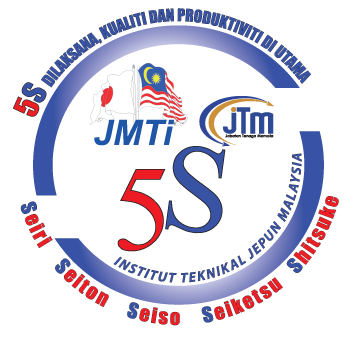
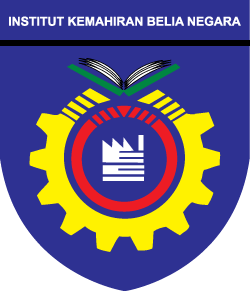



.png)


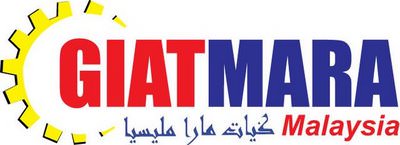








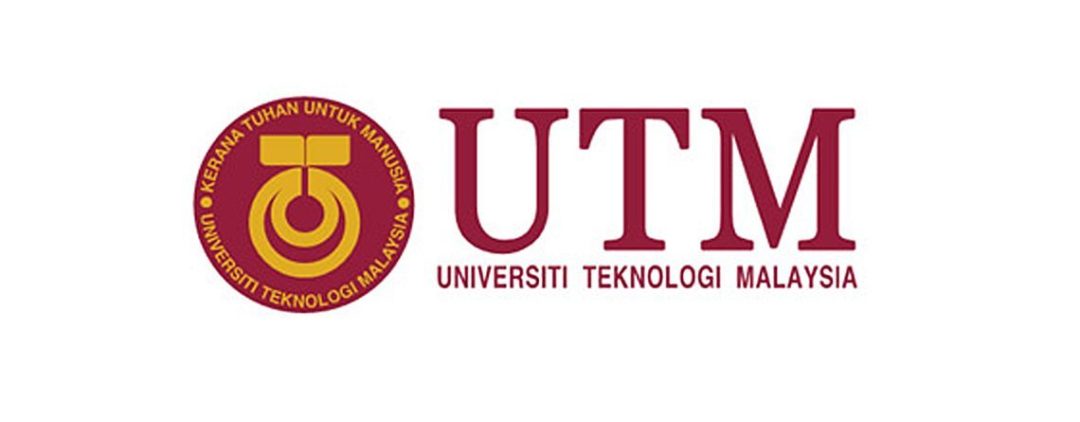




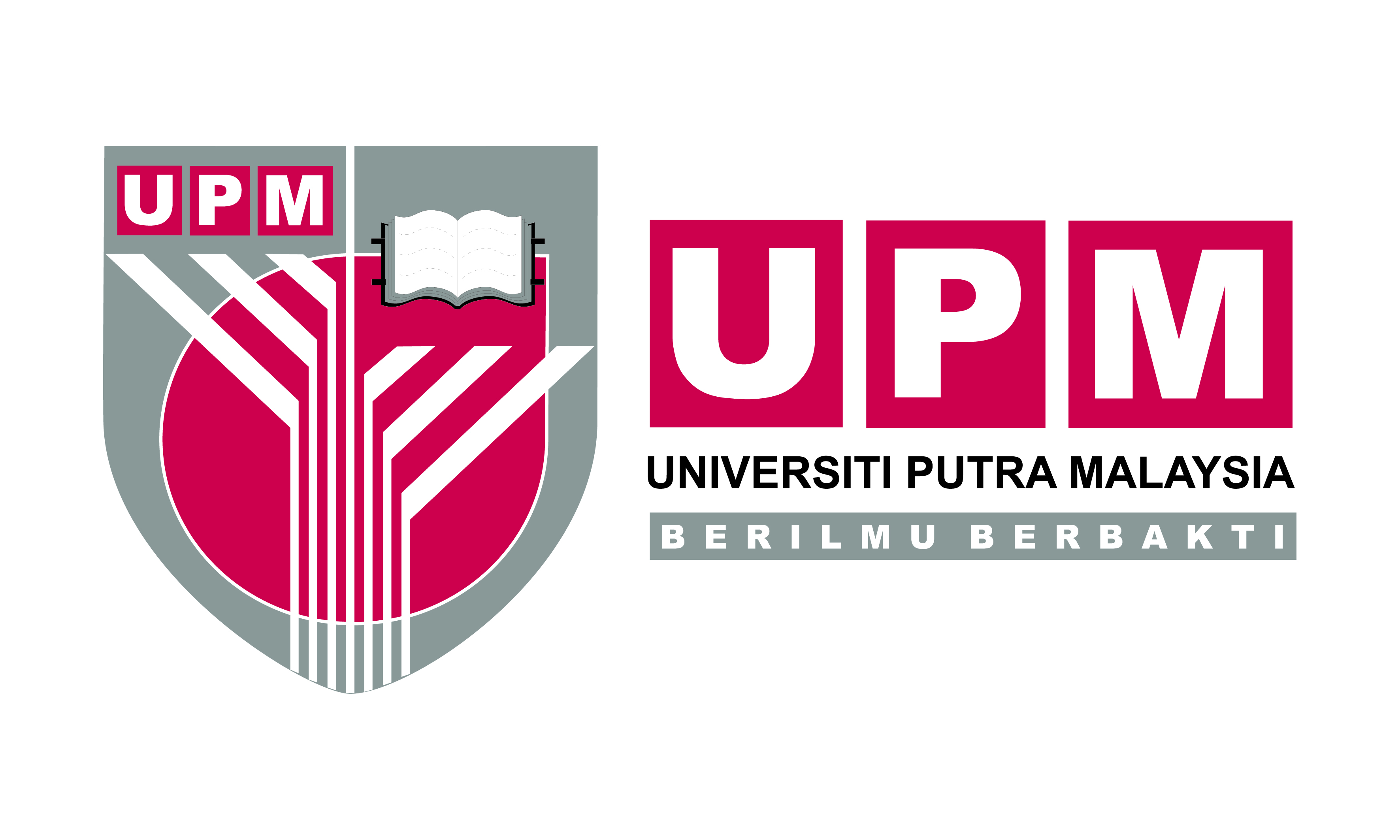
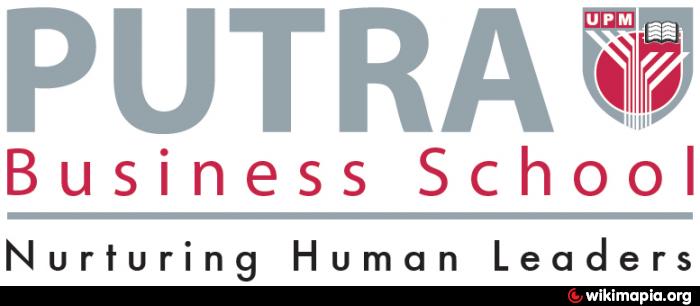


 0.0295sec
0.0295sec
 0.98
0.98
 6 queries
6 queries
 GZIP Disabled
GZIP Disabled